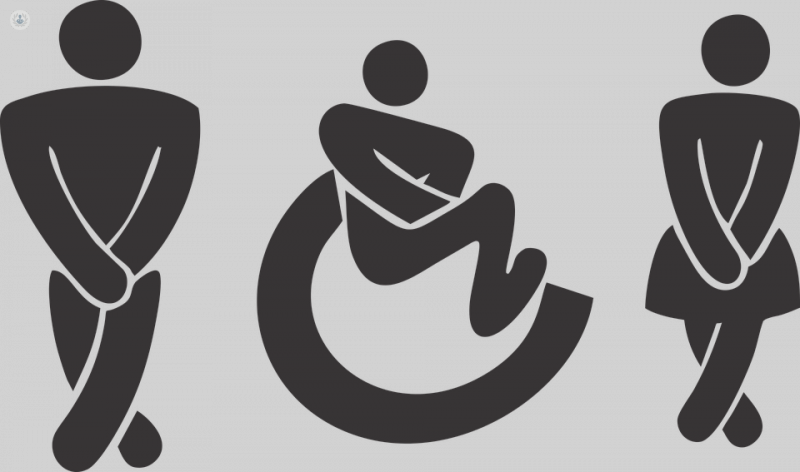


What is an overactive bladder?
An overactive bladder (OAB) is a condition where the patient frequently experiences a sudden, and often urgent need to urinate. These urges can occur at any time, night or day, and can have a serious impact on a person’s life, including their self-esteem and social life. In a significant number of patients, overactive bladder comes coupled with a loss of urinary control, leading to involuntary urination (also known as urge incontinence), but many patients only experience the need to urinate. Overactive bladder is a symptom, rather than a diagnosis, and can be caused by a number of other conditions.
What are the symptoms of an overactive bladder?
If you have an overactive bladder, you may experience symptoms such as:
Although not all patients lose control of their bladder, the sudden urges to urinate and frequent toilet visits can severely disrupt their lives, waking them up at night, and affecting their social lives.
What causes an overactive bladder?
Urination is controlled by the muscles of the pelvic floor and the bladder. Normally, when the bladder becomes full, nerve signals are sent to the brain, which triggers the sensation that you need to urinate. When you are ready to urinate, the pelvic floor muscles and the sphincter in the urethra relax, while the bladder muscles contract to force urine out.
However, in the case of an overactive bladder, the bladder muscles contract involuntarily, creating an urgent need to urinate. This can occur even when the bladder is not full. There are a number of conditions that are thought to contribute to this problem:
How can it be prevented?
As there are many possible causes, and given that sometimes the cause cannot be identified, there is no sure-fire way of preventing an overactive bladder. The best way to go about it is to maintain a healthy lifestyle:
There are also pelvic floor exercises that can help you to strengthen and control these muscles.
What is the treatment for an overactive bladder?
It is important to remember that an overactive bladder is not simply a normal part of ageing, or of having an enlarged prostate, and if you are experiencing symptoms, you should see a doctor, who will take a medical history, and may perform urine tests, physical examinations, and/or neurological tests to determine the cause. There are a number of treatment options, although the first line of treatment is usually behavioural:
If behavioural treatments are ineffective, or if both doctor and patient decide they are not appropriate for the case, there are other options. Depending on the patient, the doctor may recommend medication, bladder injections, nerve stimulation therapy, or even surgery (although this is usually a final option for extreme cases).
